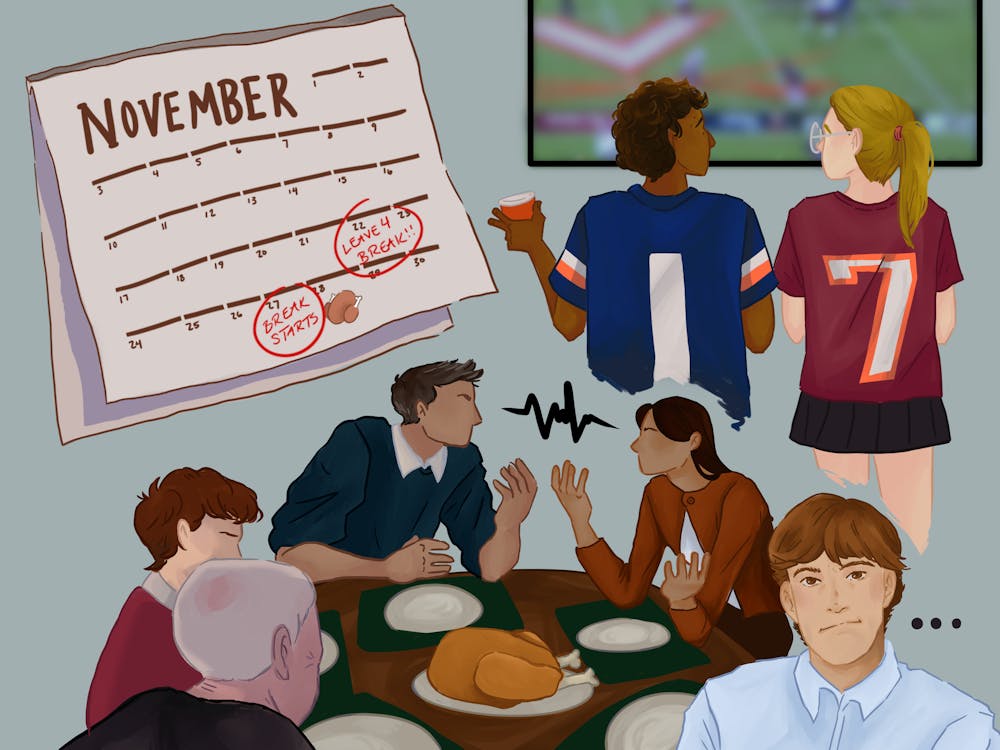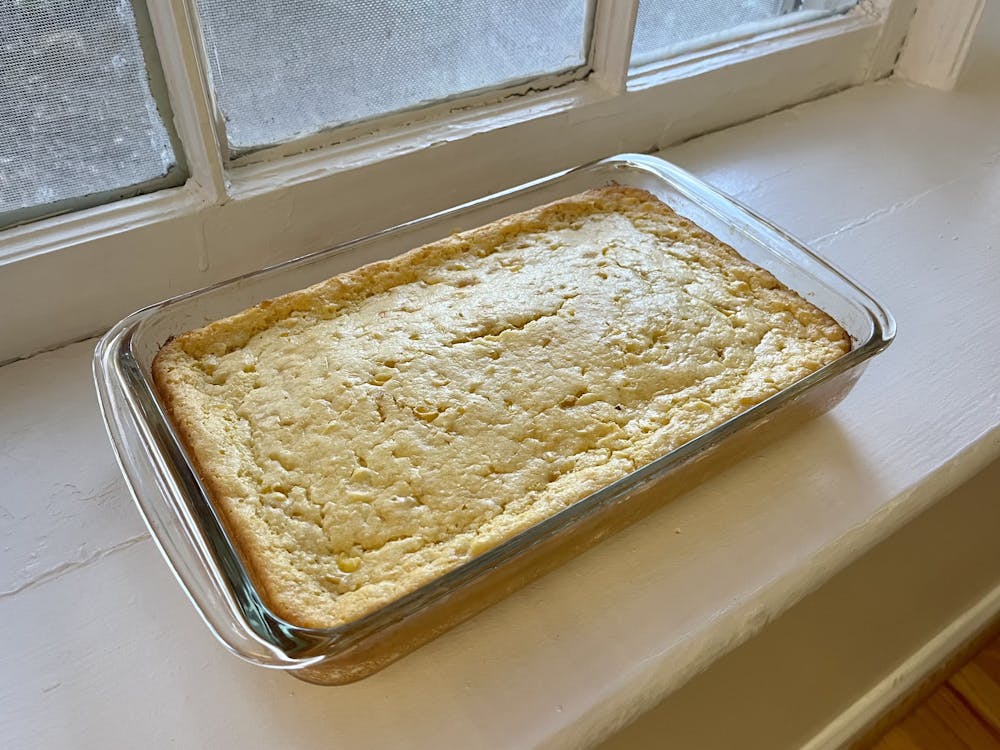“Good god! What a useless column,” I hear you exclaim as you read the subhead. “What bumbling idiot needs advice on refining his schedule? ‘Rate My Professors’ is all anyone needs for success.”
Well, pause a moment, dear friends — online rating sites don’t answer all your questions. They often fail to address very important points of interest. They give you a general overview of the amount of reading assigned, a professor’s teaching style and even a solid indication of his or her smoking hottie-hot-hotness — but know no digital ratings system can provide you with the whole picture.
There are two crucial questions “Rate My Professors” fails to address: 1) Does this professor use the Oxford comma? and 2) Does he or she support long-persecuted Wikipedia?
I am in a committed relationship with three things: Han Solo, coffee and the Oxford comma. And incidentally, because of this beautiful grammatical construct, you understand I am not addressing coffee and the Oxford comma but, rather, am including them in a list.
Alas, the “Associated Press Stylebook” has mandated this ancient wonder of the world be wrenched from common journalistic practice — which means, in all likelihood, the above example may, in fact, lack an Oxford comma entirely (editor’s note: sorry, it does). Everyone, cross your fingers and pray you see that beautiful little beacon of grammatical light shining above for all to see.
And then there’s Wikipedia. I love when professors reference the website. It validates my entire existence. Honestly, what’s with the negative attitude toward such an expedient site? I feel the same way about Wikipedia as I feel about my sister: sure, she’s occasionally been untrustworthy in the past, but I still go to her for advice all the time. And she tells great stories. And she’s knowledgeable, and uses good fonts. Wikipedia is like blue cheese: not bad, just misunderstood.
Use of Oxford commas and Wikipedia are the first things “Rate My Professors” can’t answer. Unfortunately, there’s more.
When scheduling, one must also question whether your gleaming new itinerary provides adequate time for transportation and eating. Your orientation leaders warned you years ago about making it from the Chemistry building to the Drama department — and you probably didn’t listen. If you can’t afford to buy a bike to hightail it to your next class, then don’t schedule any tight timing. Most professors won’t be understanding of barging into class five minutes late if it’s a daily occurrence.
More importantly, are your eating habits supported by your anticipated schedule? No one really wants his or her lunch to consist of cold chicken from a tupperware container. If you can’t make it through the day without Bodo’s, work that into your schedule. I won’t judge you. Your professors probably won’t judge you. The bagels will thank you. Do you — noms are important.
In all seriousness, though, picking classes for the semester is a grave undertaking. You have exactly five minutes to play God, organizing your habits for the next half-year — and it’s up to you not to waste that brief moment. Don’t wait until 10 minutes before your signup time to solidify your schedule. It deserves some serious effort.
By all means, go ahead and research a class online. In my experience, online ratings systems are primarily useful in terms of assigned readings. If you’re looking for a class that doesn’t require you to crack open a book, peruse Safari for a few minutes and pick your poison.
But please, I beg you, don’t immediately write off a class because other students complain about it being difficult. Many classes get terrible reps online simply because the three students who bothered to review it are pissed the professors failed them (often because they failed to participate even once).
Research professors’ works, especially if they teach in your major. Professors’ writings tell you a lot about their classes and their teaching style and provide valuable insight for picking the perfect course. The University gives you the perfect opportunity to meet intellectuals interested in both personal research and their students. Not many universities can boast that — take advantage of it.
Finish your requirements early. The only real reason to hold off on completing one of these requirements is if you’re trying to get into “How Things Work.” Unless God himself has smacked you in the head with his blessing-wand, you probably won’t make it into this class — especially if you have a late enrollment date. Hold out though, because I heard it’s worth it.
Wikipedia, the Oxford comma, Bodo’s, books — they’re all important, and they’re all pieces of advice I’ve received through the course of four semesters. The best piece of advice I ever got, though, was to explore. Don’t limit your options to any of the factors above. If a class looks interesting, take it.
Thomas Jefferson would have taken a random class about French cuisine, so why shouldn’t you?
Laura’s column runs biweekly Fridays. She can be reached at l.holshouser@cavalierdaily.com.




